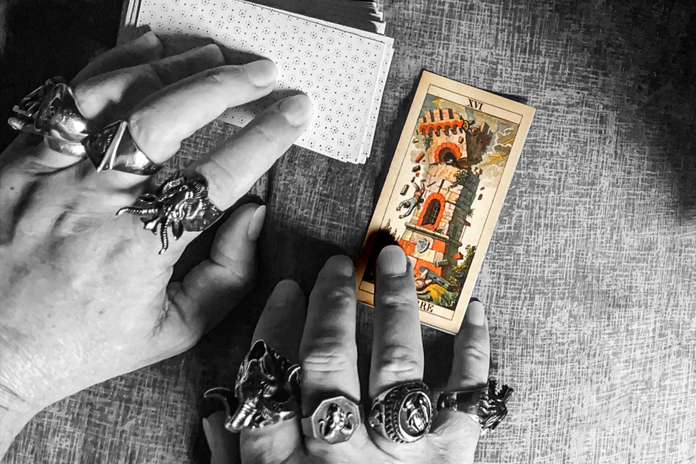Finding a trusted psychic reader can be a minefield. I am proud to say that most of my clients come to my services through recommendations from someone who has experienced a quality reading that they feel has been genuinely helpful. My services are all regulated and I am pleased to say that we abide by all of the latest guidelines for offering psychic services. Psychics, mystics and others involved in divinatory professions are often self-taught and some have no fixed practice or code of conduct to guide them when dealing with the public. This not only makes it hard for a seer to know how to handle difficult situations, but can also mean choosing a practitioner for a reading can be something of a lottery.
Ebay has recently banned the sale of psychic services which is I think a little heavy handed, there are guidelines in place & I feel that making practitioners follow the same rules as apply to other mediums, such as phone readings, would have been more appropriate and mutually beneficial to clients & readers alike.
So what ethical principals should psychic advisors follow ?
The same ethical principles that guide counsellors and therapists should guide those giving readings, whether they be astrologers, tarot readers, psychics or mediums. All face the issues of dealing with challenging issues, talking about challenging events, guiding seekers with depression or trauma to take professional advice and of course avoiding dependency on the practitioner.
It is the last of these issues, dependency on the practitioner, and how it can be avoided, that we will consider below.
Motives for the professional Psychic
As a practitioner, you must first be clear about your own motives for undertaking divinatory work, and ensure they mesh with your spiritual and ethical standards. While that doesn’t mean you can’t do readings for money, it should mean money is not the motivating force behind your work. Beneath everything else should be a genuine desire to help others. Similarly, a desire to facilitate others understand their own problems, is a healthier motivator than a desire to be seen as knowledgeable or wise. If your goal is to empower your clients by helping them gain insight, you are less likely to encourage them to become reliant on multiple readings to address the same issue.
From a client’s perspective, dependency occurs when they have a fatalistic view of the process. If they believe a reading reveals their fate, which is set in stone and cannot be avoided, they are more likely to react badly to a negative reading, or to ask repeatedly the same question until they receive the answer they want to hear. When dealing with a client like this, it is important to remember how much weight they can give to the reader’s words, and to think through each statement very carefully before speaking.
You should always explain before a reading that tarot cards or other divinatory methods show only the trends, potentials and possibilities in the questioner’s life, and have no power to determine the outcome of any given situation. Try to avoid stating anything as a matter of fact, and give options, such as, “if you…, then you might find…, but if you…, then … is more likely.”
Reinforce the free will of the questioner.
Remind your clients that just because a possibility shows up on the cards, does not mean they lose their free will, or have no responsibility to take action to bring about their desired outcomes. A new career or romance on the cards remains a possibility until the querant takes the action to apply for the job or to meet people.
As a client looking for a reader, you should consider their reading style. Do they speak as if prophesying a given outcome, or do they suggest multiple possible solutions to a problem, and encourage you to explore your reactions to them?
If both seer and client keep an open mind and consider all options, fewer readings will be required, reducing the possibility of dependency.

